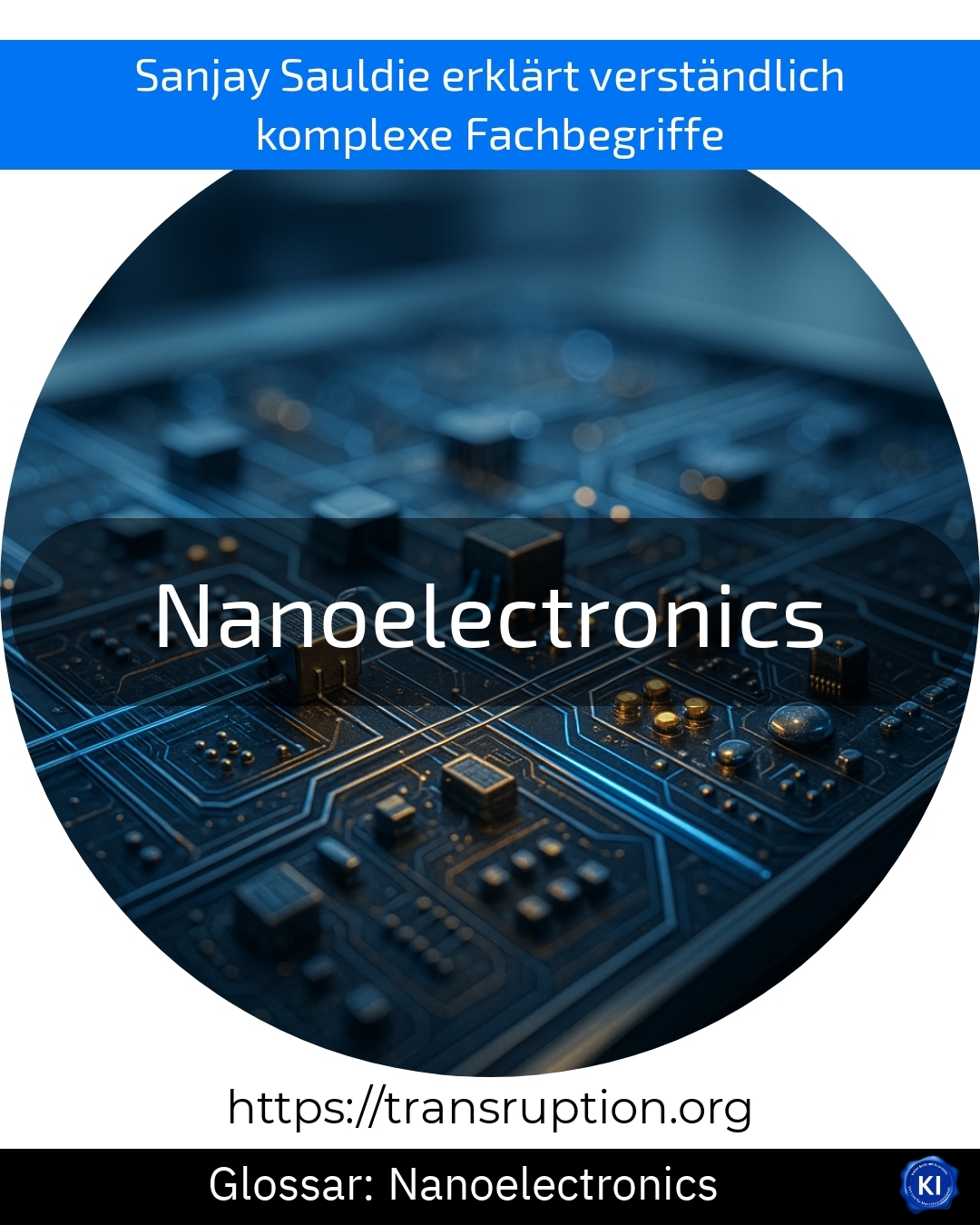Nanoelectronics is particularly at home in the fields of nanotechnology, industry and Factory 4.0 as well as artificial intelligence. Nanoelectronics describes electronic components and circuits that are tiny, often just a few nanometres in size. For comparison: a nanometre is one millionth of a millimetre, which is roughly one hundred thousandth of a human hair.
Thanks to nanoelectronics, computers, sensors and machines can become even smaller, faster and more economical. They are the basis for many modern technologies, such as super-fast processors in smartphones, intelligent sensors in production facilities or tiny chips in the healthcare sector.
An illustrative example: In a modern car factory, tiny nanoelectronics sensors are used to monitor movements and temperatures in real time. This allows machines to be optimally controlled and failures to be recognised at an early stage.
Nanoelectronics is therefore a key term for innovative technology that makes our lives and work smarter, more efficient and less energy-intensive. This technology has become indispensable, particularly in industry and artificial intelligence.















